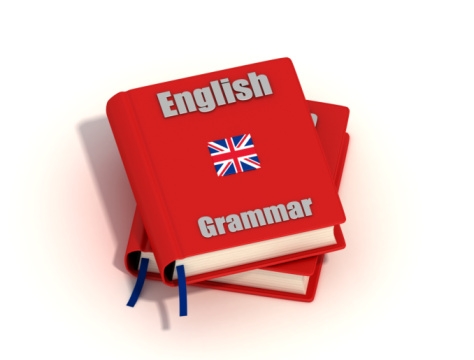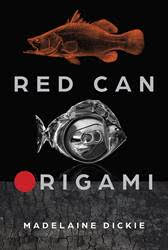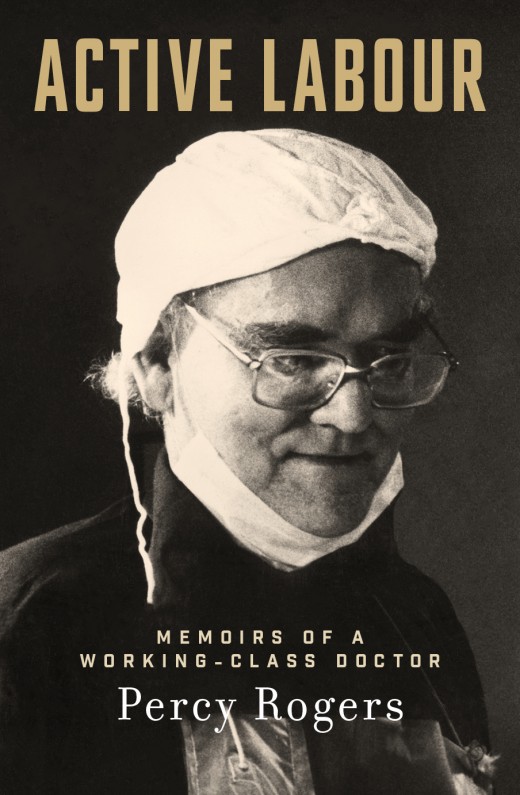Are you gagging for another English grammar quiz? If so, sharpen your red pencil and put on your proofreading thinking-cap! There is more than one error relating to grammar and punctuation in each of the following ten sentences. Can you spot them? Each grammar ‘issue’ has been covered in the last few articles written for ‘The Art of Writing & Editing’ series. Answers are provided below the ‘big tick’.
- Her stone cold glare was enough. “Lets get back to work.”
- The results of the royal commission on the constitution enquiry are now available.
- The Premiers’ meeting was eminent.
- Prue’s and Mary’s inquiry about their missing ticket was futile.
- My Mum was a much respected teacher.
- It is best to visit the Dandenong ranges in Autumn.
- Two thirds of the male population left town in the 1940’s.
- Vincent van Gogh’s oil on canvas painting, Starry Night, is dominated by a moon and star filled night sky.
- Her principle reason for moving to Sydney was to lay on Bondi beach in the sun.
- The school principle found the teachers’ reports laying on her desk in the morning.
ANSWERS & rationale
- Her stone-cold glare was enough. “Let’s get back to work.”
When a compound adjective consists of two adjectives, or of a noun plus an adjective, the expression is hyphenated.
The apostrophe often signifies a missing letter; ‘Let’s’ is a contraction of ‘Let us’.
- The results of the Royal Commission on the Constitution inquiry are now available.
In writing the full official names of organisations and other bodies such as commissions, all words other than articles, prepositions and conjunctions are given initial capitals.
enquiry for general queries, and inquiry for an official investigation.
- The premiers’ meeting was imminent.
Plural references of people in official positions are presented in lower case.
imminent refers to the immediate future; eminent describes someone who is famous or distinguished, or something outstanding.
- Prue and Mary’s enquiry about their missing ticket was futile.
If the ‘possessive’ belongs to more than one person, only add an apostrophe to the last person in the grouping.
enquire for general queries, and inquiry for an official investigation.
- My mum was a much-respected teacher.
Capitalise relatives’ family names (kinship names) only when they are used alone in place of a personal name (eg. I took Mum to Canberra). If a possessive pronoun precedes the personal name, there is no capitalisation.
Hyphens connect the words of a compound modifier that comes before the word being modified.
- It is best to visit the Dandenong Ranges in autumn.
Names designating topographical features such as mountains, rivers and so on, are always capitalised when cited in full.
The names of the seasons are usually left in lower case.
- Two-thirds of the male population left town in the 1940s.
There is a difference of opinion regarding hyphenating fractions as nouns, but the hyphen is preferred.
There are no apostrophes in decades.
- Vincent van Gogh’s oil-on-canvas painting, Starry Night, is dominated by a moon- and star-filled night sky.
Hyphens connect the words of a compound modifier that comes before the word being modified.
‘Hanging’ hyphens are used to connect two words to a base word (or number) that they share.
- Her principal reason for moving to Sydney was to lie on Bondi Beach in the sun.
Here we need the adjective word ‘principal’, which means the primary reason. Principle is only a noun.
‘Lay’ is incorrect; it means to place an object. To recline or assume a horizontal position is to lie. The only time we can use lay to mean ‘to recline’ is in the past tense (She lay in the sun for too long).
Names designating topographical features such as mountains, rivers, beaches, and so on, are always capitalised when cited in full.
- The school principal found the teachers’ reports lying on her desk in the morning.
Someone who holds a presiding position or first rank, such as the head of a primary or secondary school is called a ‘principal’. These reports were actually there, reclining (‘sitting’) on the desk; they were not placing anything there; so laying is incorrect.







